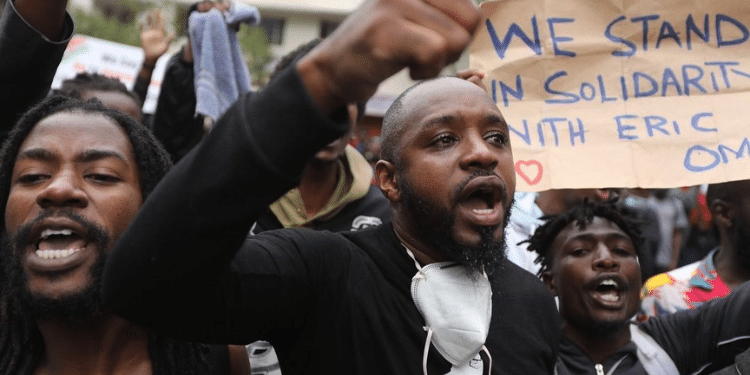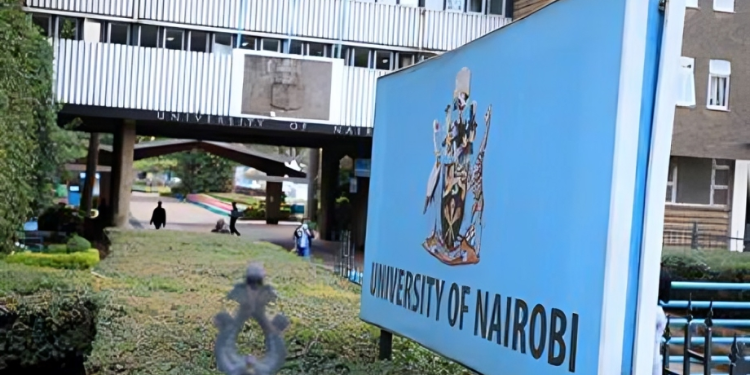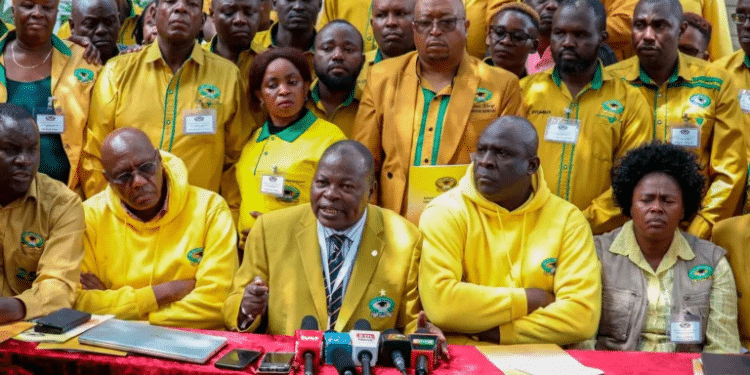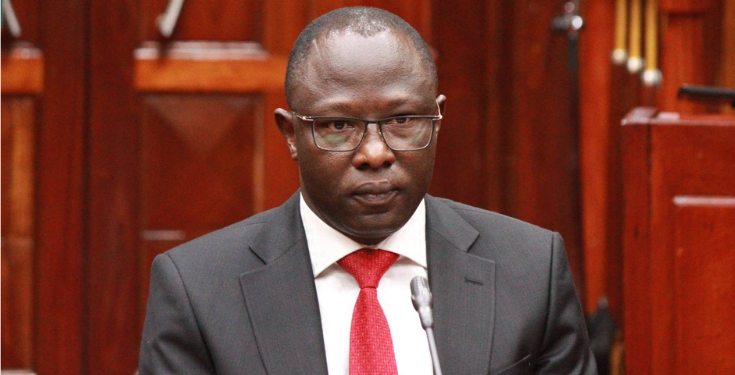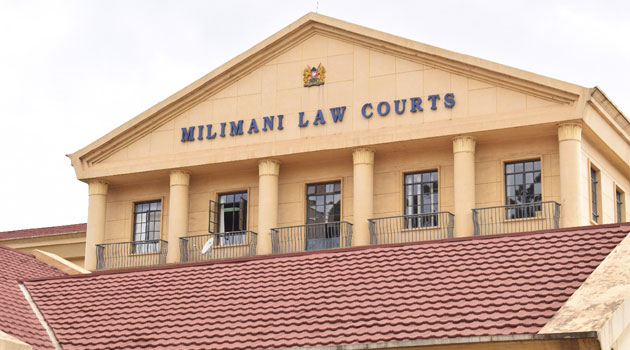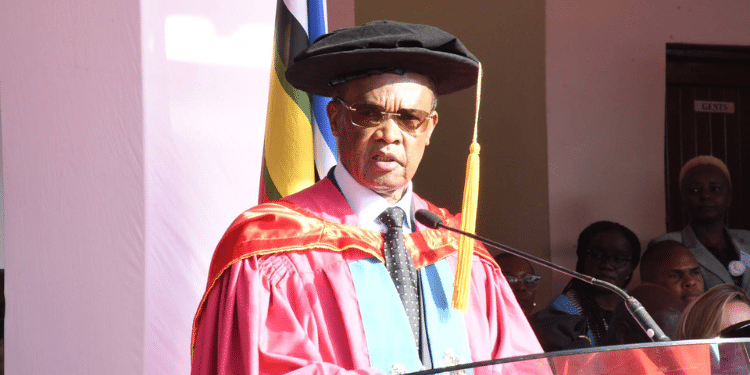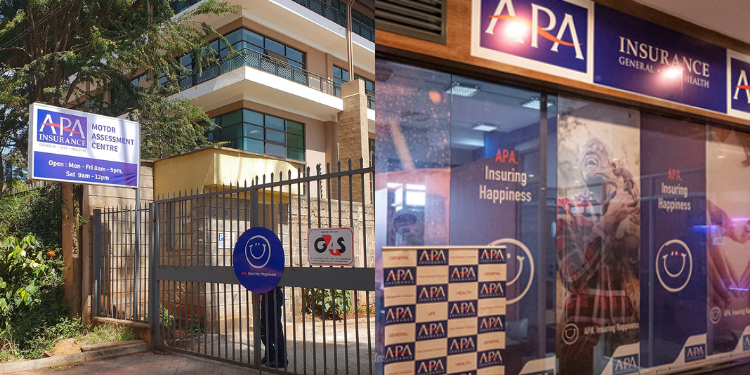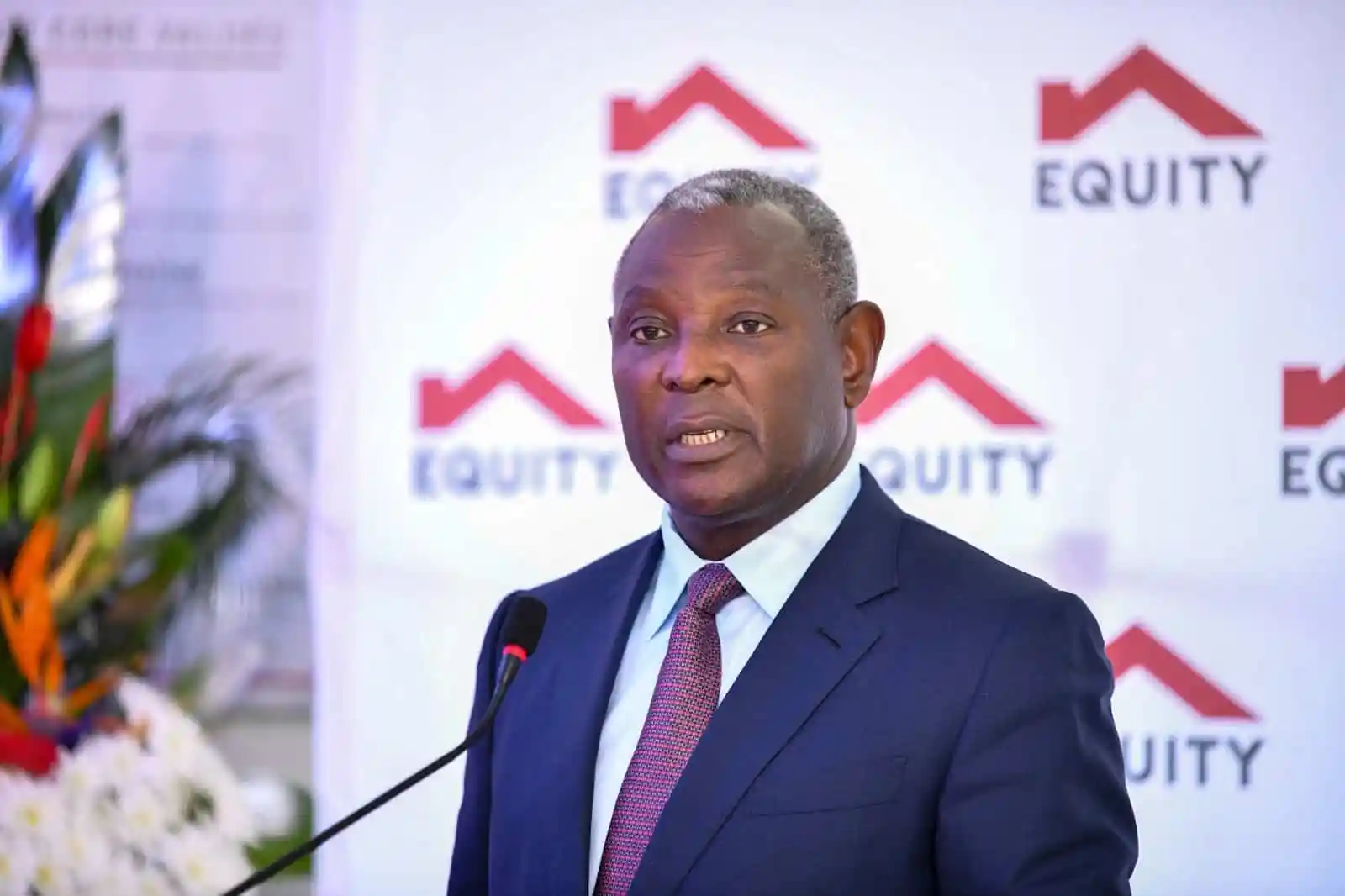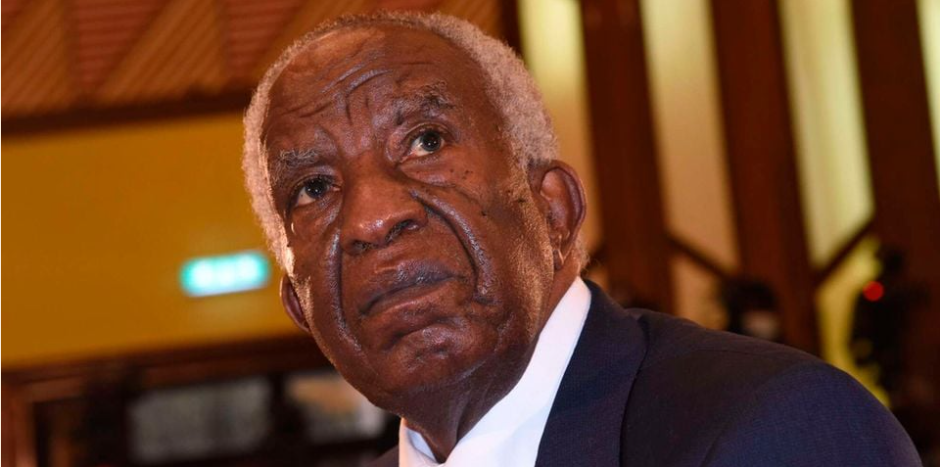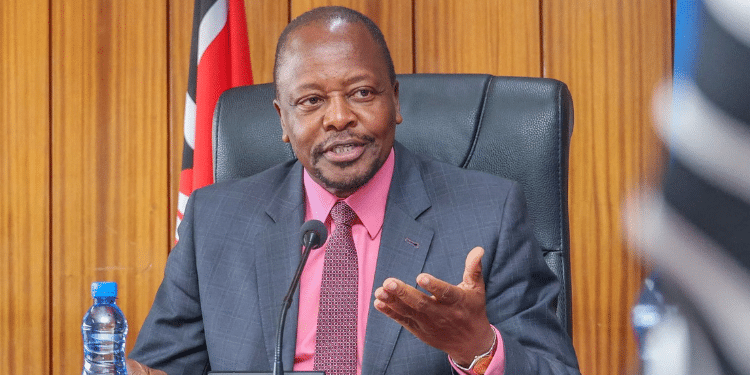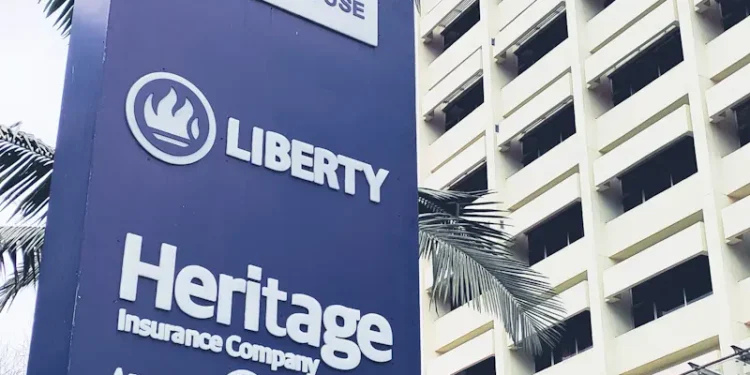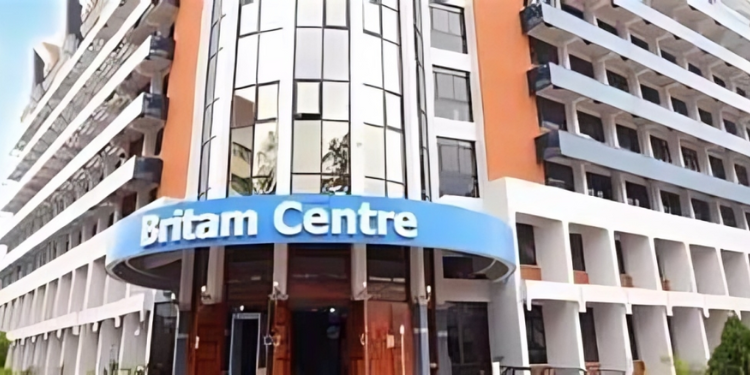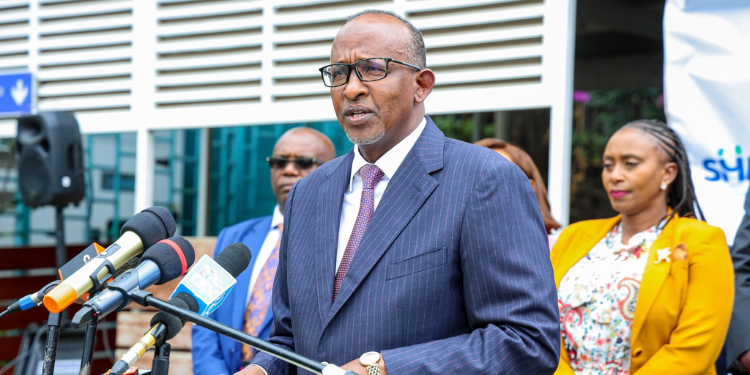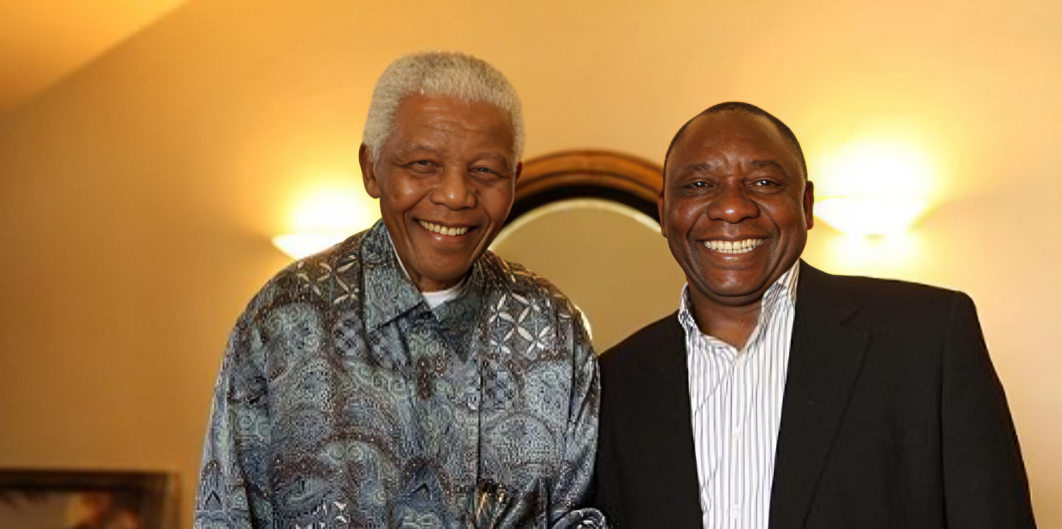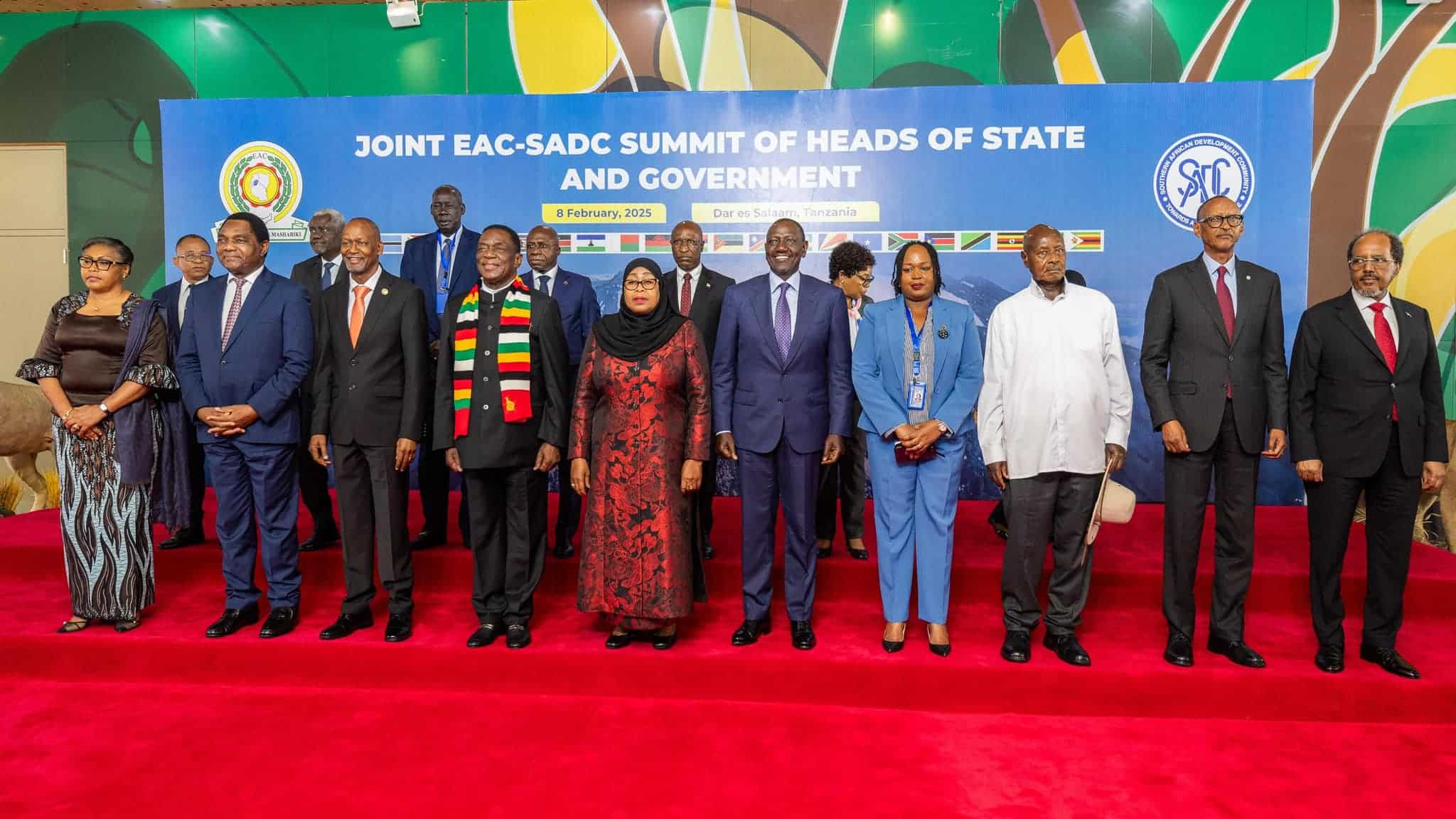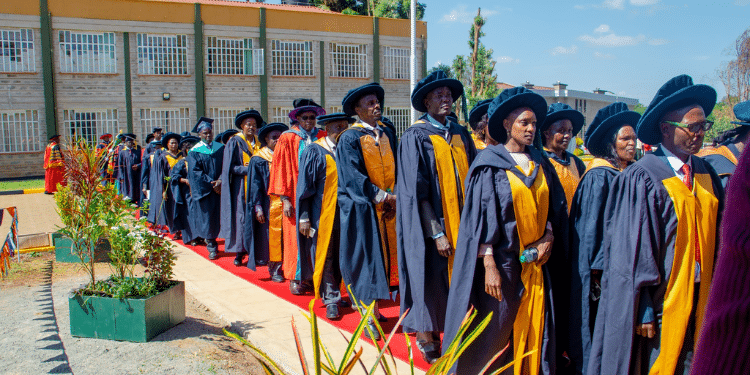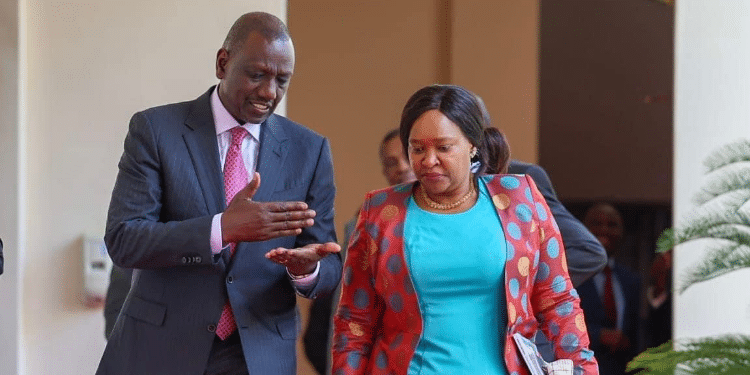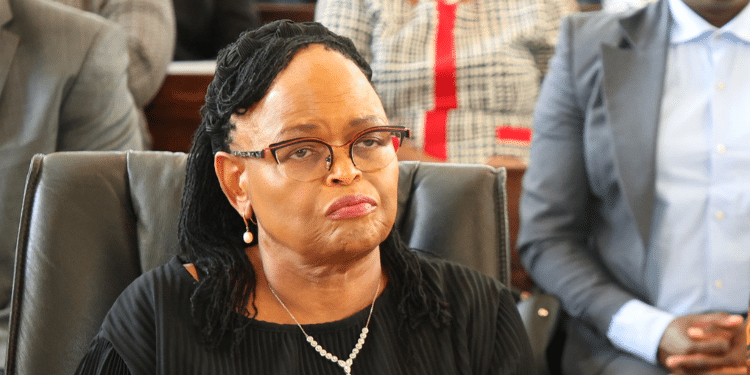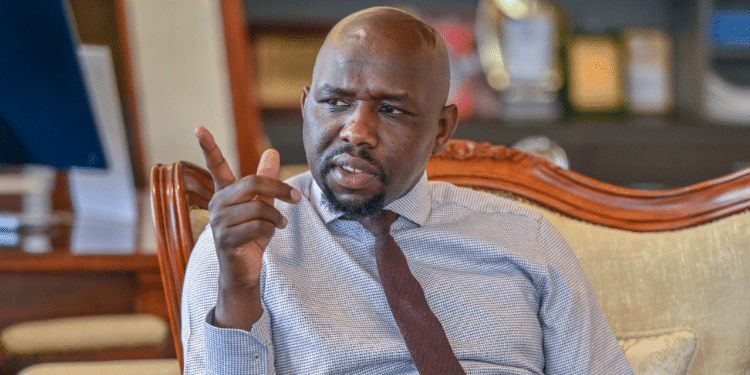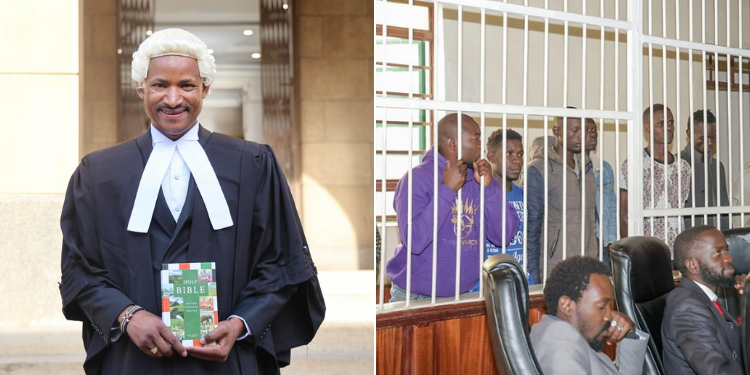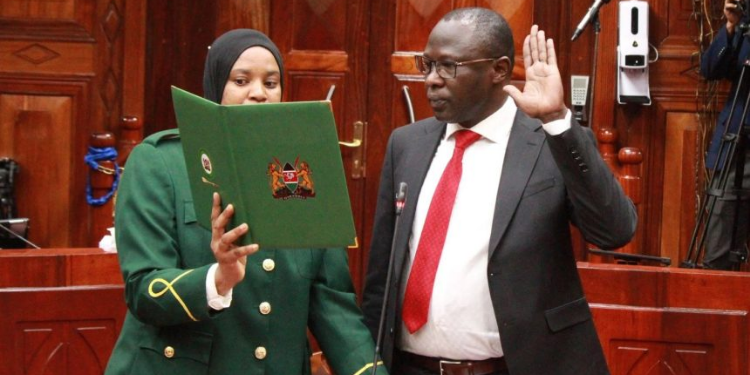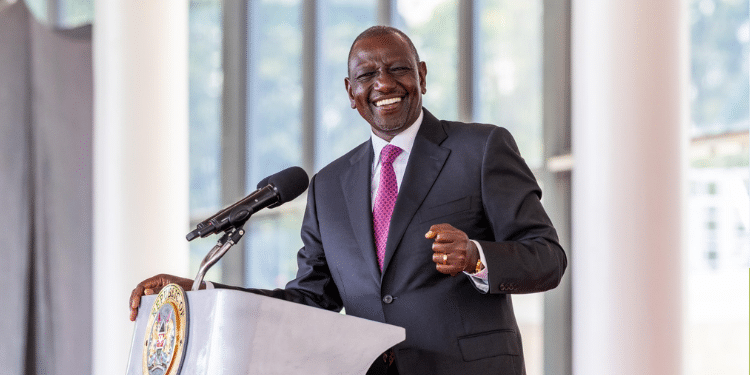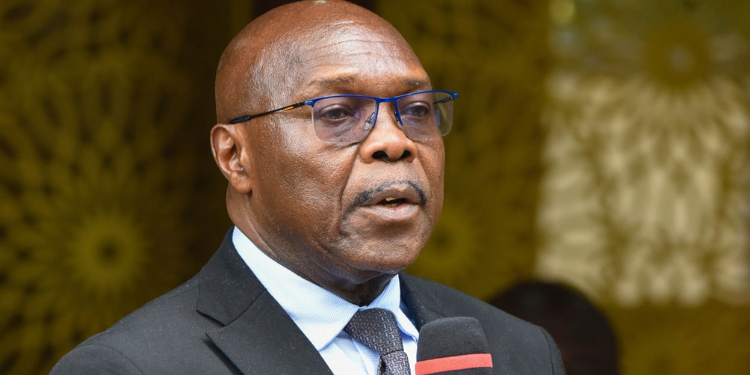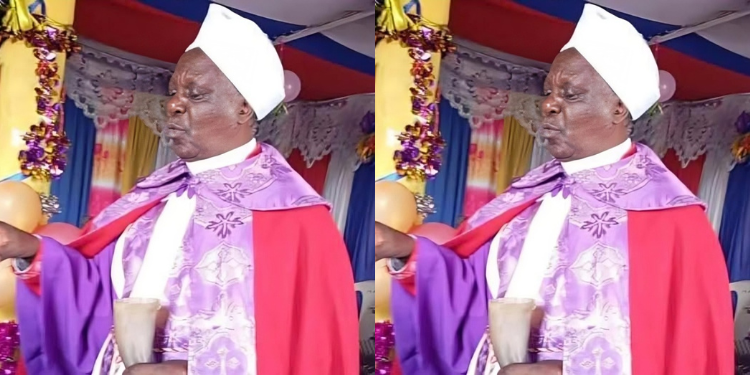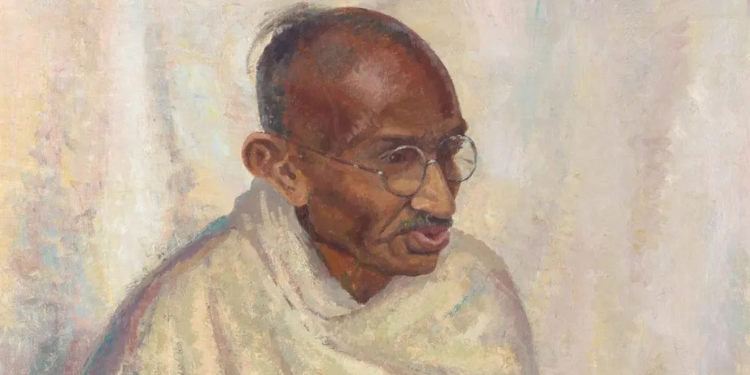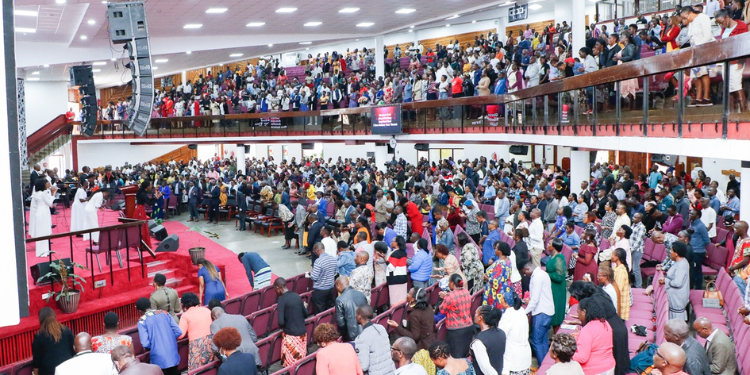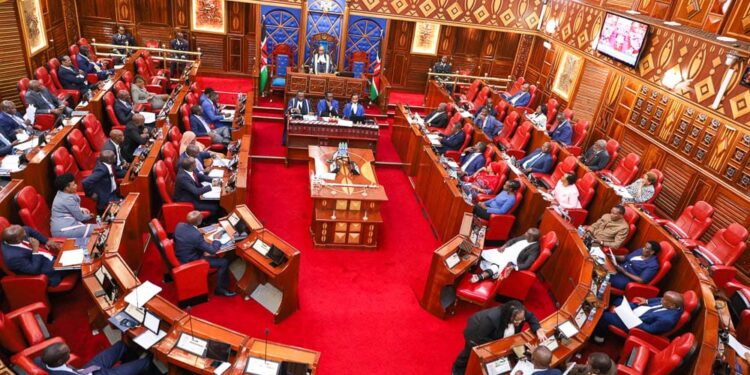The Senate has called for a special sitting on Tuesday, June 10, to deliberate on contentious issues in the 2024/2025 finance bill after the National Assembly Committee on Finance concludes its public participation hearing on Monday, June 9.
Senate Majority Leader and Kericho Senator Aaron Cheruiyot called for a special session to debate on the bill before the committee retreats to do a report on its two-week public participation.
The sitting comes even as the bill continues to attract sharp criticism and calls to shoot it down when it comes to the floor of the House intensifies.
Opposition leader Raila Odinga criticized the government stating that the bill proposed more and higher taxes on the already overburdened Kenyans.

Raila Rejects Finance Bill 2024
Raila said the cost of living will worsen in 2025 if radical changes are not made in the proposed finance bill.
“The Finance Bill 2024 fails the taxation dictums of predictability, simplicity, transparency, equity, administrative ease and fairness. It is worse than the one of 2023, an investment killer and a huge millstone around the necks of millions of poor Kenyans who must have hoped that the tears they shed over taxes last year would see the government lessen the tax burden in 2024,” Raila said.
The former Prime Minister stated that the taxation proposal targets the poor and it should be ratified.
Raila reasoned that low- income people will be hit with taxes on multiple fronts and will end up paying more than people with higher incomes.
“It is obvious that tax on basic necessities such as food, cooking oil and money transfer disproportionately hurt the poorest of the poor,” he said.
Also Read: Expert Unpacks How Kenyans Will Enjoy Cheap Data in Finance Bill Proposals
Mobile Transfer, Bread & Oil Taxes
The Azimio leader also opposed the increase in the cost of mobile money transfer from last year’s 15 per cent to 20 per cent.
Raila further rejected the proposed 16 percent tax on bread, 25 per cent excise duty on edible oil and the motor vehicle tax.
“The long struggling sugarcane sector and its farmers is also being targeted with a 16 per cent tax on cane transportation to factories. Farmers will obviously get less, and the cost of sugar will rise. Most of the tax proposals in the Finance Bill 2024 are as insensitive as they are callous,” he said.
He also criticized the suggested Eco Levy that proposes to levy taxation on a basic product like diapers.
He opined that removing insurance and reinsurance services from tax exempt to 16 per cent could kill the already struggling insurance industry.
Anglican Church Opposes Bill
Anglican church Archbishop Jackson Ole Sapit has also called on Members of Parliament (MPs) to completely do away with the bill in its entirety if the Committee fails to accommodate the suggestions made during the public participation.
Sapit argues that the proposals seek to further add on an already overburdened Kenyan populace.
“The parliament need to look at those taxation proposals and only bring to us taxes that are going to support the government effort to do mission in this country and develop,” he said.
Also Read: Safaricom Lists Services & Jobs to be Affected if Finance Bill 2024 is Passed
Finance Committe Promises to Include Stakeholder Views
The Finance Committee pledged to incorporate some of the views collected from stakeholders, to enrich the Bill.
As the Committee approached the homestretch on the public participation exercise, the Chairperson Kuria Kimani emphasized that they would consider all submissions received from the stakeholders so as to end up with a progressive law.
“I want to assure you that as a committee, we are not ignorant of the plight of the Kenyan people. We are listening to the proposals raised by the stakeholders who have appeared before us with an intention of making the best decision for Kenya”, he reiterated.
Kimani further reiterated his earlier position that the Committee was keen to protect manufacturers in a bid to make Kenya a manufacturing country rather than a trading one.
The Molo legislator further stressed that in the processing of the Bill, the Committee would strive to rid of any ambiguities such as those that have subjected past legislations to unnecessary litigation.
“This time round, we want to have a law that does not pit the Revenue Commissioner against business entities because of lack clarity on certain provisions,” he noted.
Follow our WhatsApp Channel for real-time news updates:
https://whatsapp.com/channel/0029VaB3k54HltYFiQ1f2i2C


